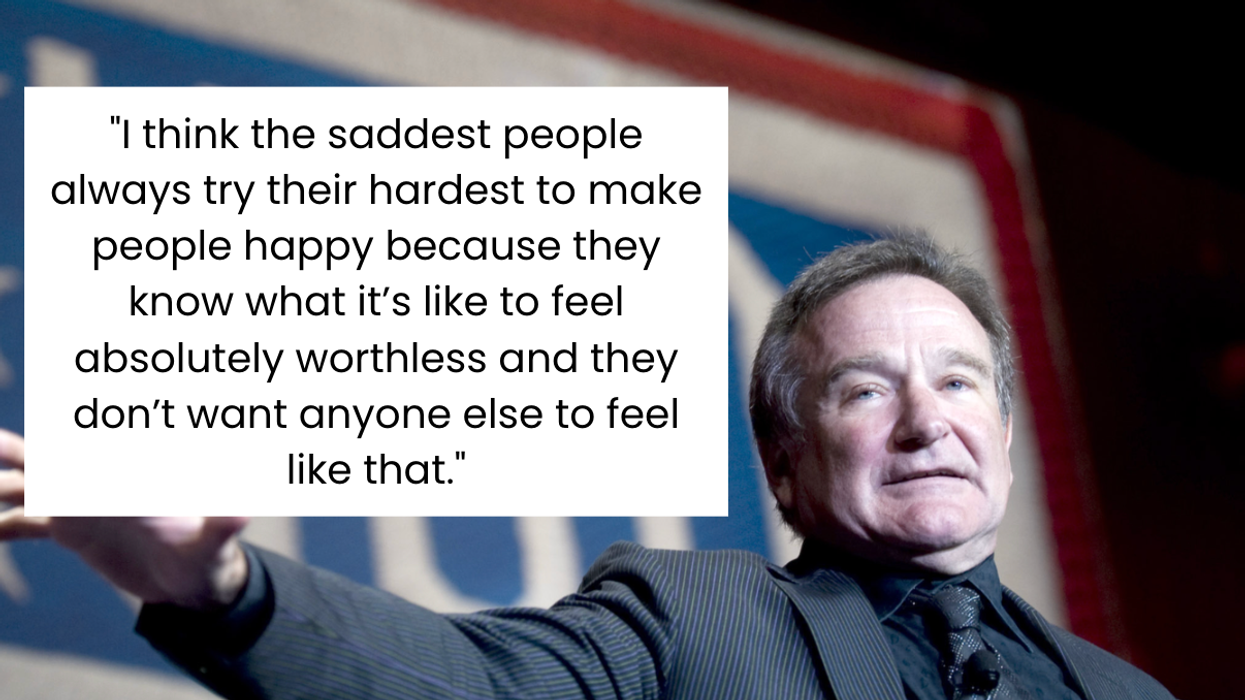Erin Jones of Nashville, Tennessee, has a full plate. She’s on the autism spectrum and lives with SPD (sensory processing disorder), celiac disease, hyperparathyroidism, anxiety, and depression. She also has four special-needs children who she home-schools. Recently, realizing that she needs some extra help, Jones picked up some prescriptions from her doctor to address her mental health issues. After returning from her appointment, she opened up about her need for the prescriptions on Facebook.
“So this also happened yesterday. I have tried living this life without prescription help. It seems to have me on top of the world one minute and rocking in the corner the next. There is no consistency. I’m done with that. Anxiety and antidepressant medication to the rescue. Sometimes, folks, we just need help.”
After going public about living with mental health issues, Jones teamed up with The Mighty to promote the hashtag #MedicatedAndMighty to show people that there’s no need to hide their prescription medication use. The hashtag has encouraged many to share empowering photos posing with their pills and to open up about how antidepressants have improved their quality of life.
(H/T The Mighty)


















 Robin Williams performs for military men and women as part of a United Service Organization (USO) show on board Camp Phoenix in December 2007
Robin Williams performs for military men and women as part of a United Service Organization (USO) show on board Camp Phoenix in December 2007 Gif of Robin Williams via
Gif of Robin Williams via 
 People on a beautiful hike.Photo credit:
People on a beautiful hike.Photo credit:  A healthy senior couple.Photo credit:
A healthy senior couple.Photo credit:  A diverse group of friends together.Photo credit:
A diverse group of friends together.Photo credit:  A doctor connects with a young boy.
A doctor connects with a young boy.  Self talk in front of the mirror.Photo credit:
Self talk in front of the mirror.Photo credit:  Lightbulb of ideas.Photo credit
Lightbulb of ideas.Photo credit 

 Superstructure of the Kola Superdeep Borehole, 2007
Superstructure of the Kola Superdeep Borehole, 2007 
